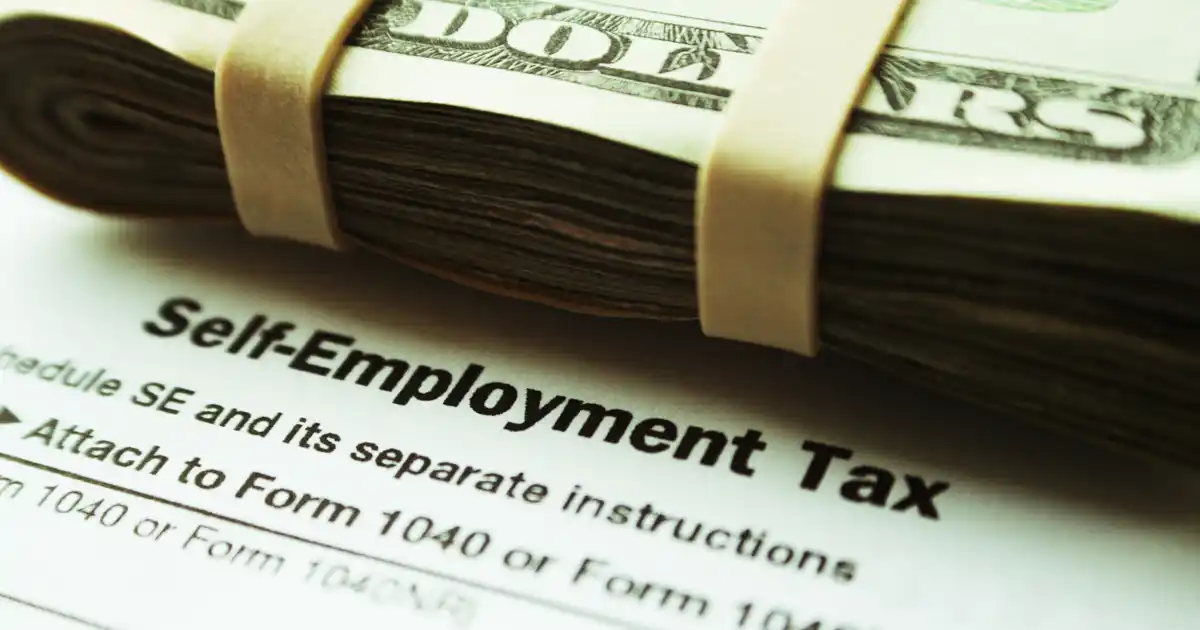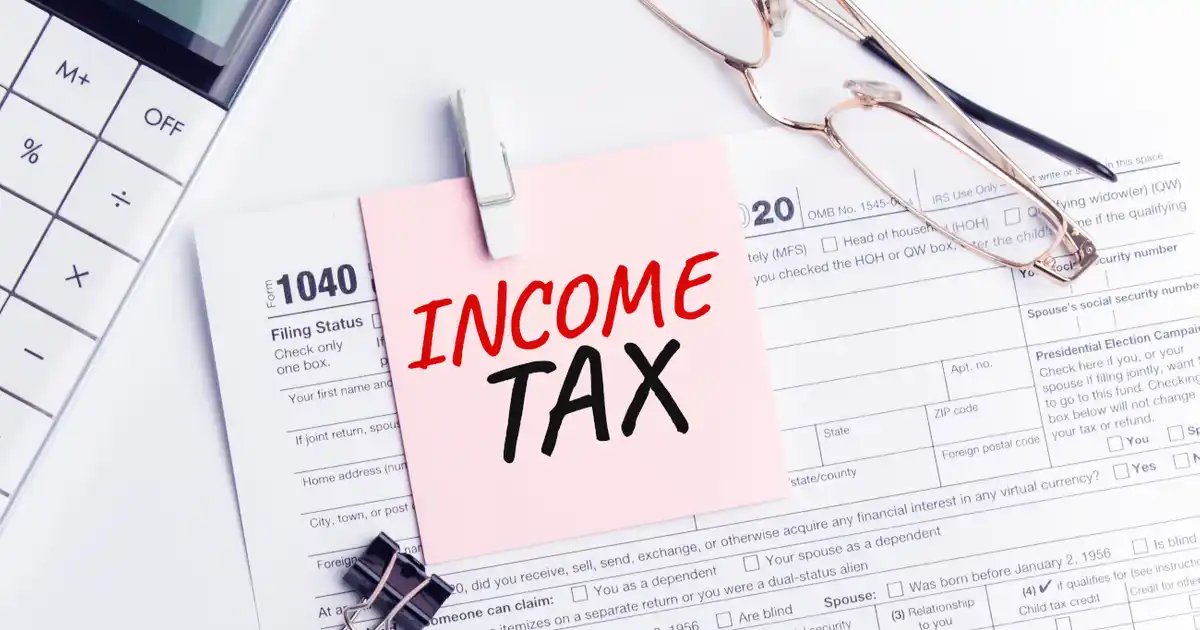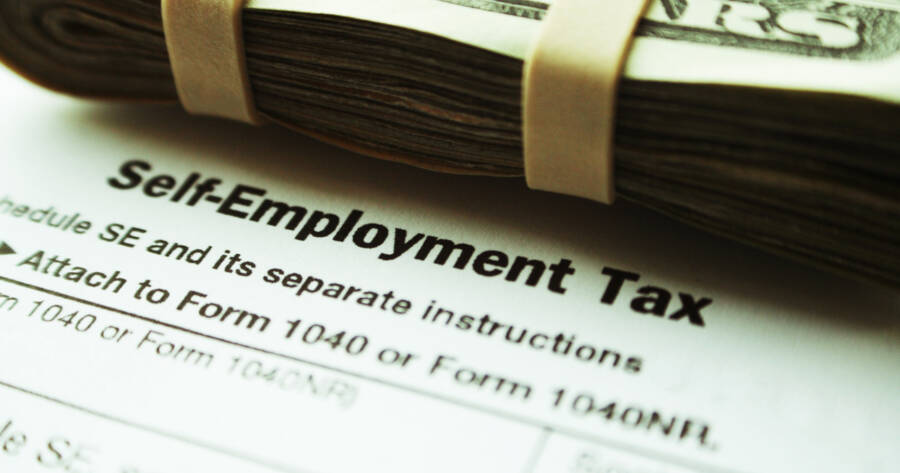If you’re self-employed, you may feel a little lonely during tax season. After all, it’s hard to gauge which deductions you’re entitled to when there are so many personalized expense categories to consider.
Regardless of your income, these tax reductions can lead to significant savings. Let’s break down which deductions are available for the self-employed, and how you can claim them.
Startup Expenses
New business owners will be delighted to know that many startup costs are tax-deductible, especially in the first year. Typically, the IRS prefers that tax-payers deduct large expenses over a period of time. However, if you are filing in the first year of active business, you can deduct up to $5,000 in startup costs.
Expenses that fall under the umbrella of “startup costs” can include market research, attorney and accountant fees, advertising, and any travel-related costs of establishing your business. Keep in mind that if your total startup costs exceed $50,000, your $5,000 deduction will be reduced commiserate to that surplus.
Setting up a corporation or LLC for your business can qualify you for an additional deduction of up to $5,000 to cover the organizational effort and legal fees.
 Shutterstock
ShutterstockHome Office Deduction
Many self-employed individuals who work from home see the workspace as the biggest available tax deduction. While that isn’t necessarily the case, your workspace is certainly ground zero for claiming business expenses (including furniture, electronics, and stationery).
Whether you’re using a portion of your home or renting, you may qualify for a home office deduction if you meet certain criteria. Firstly, the IRS insists that the area must be used exclusively for business purposes. If you are also employed with a company and working from home in that role, you cannot claim the same office space.
Secondly, you want to ensure that the home office is your principal work setting. If you frequently work outside of your home (by choice or as required), it may diminish your eligibility for a deduction.
 Shutterstock: New Africa
Shutterstock: New AfricaCalculating Home Office Costs
When tax season rolls around and it’s time to calculate your deduction, you have to choose between two approaches: the simplified method and the regular method.
The simplified option helps you quickly determine the deduction of your workspace, thanks to a one-size-fits-all formula. Simply measure out your office’s square feet and multiply that total by $5. Accommodating a 300 square-foot maximum, this method can save you up to $1,500 on your tax return.
Conversely, the regular method requires calculating the percentage of your home that your home office inhabits. To learn how much you can deduct, this means dividing the square footage of your workspace by your home’s total square footage. Then, multiply the resulting percentage by the sum of your home’s total allowable expenses.
To select the best method for you, consider whether you’ve kept detailed records for the regular method. If you have, and you’re eager to crunch the numbers, try out both approaches and go with whichever deduction is greater.
 Shutterstock
ShutterstockBusiness Mileage Deduction
Driving your own vehicle for work purposes entitles you to deduct some mileage on your tax return. However, it can get tricky if you use the same car for personal outings, as you’ll have to determine which portion is business-related.
Much like the home office deduction, there are two options when claiming mileage: the standard mileage rate and the actual expense method. And unsurprisingly, the former option is simpler, while the latter option might reward your extra effort.
 Shutterstock: BalanceFormCreative
Shutterstock: BalanceFormCreativeCalculating Your Mileage Costs
You can multiply the standard mileage rate – which is predetermined each year for tax purposes – against the miles you drove for business. There are some conditions to qualify for this deduction: you must own or lease the car in question, operate five or less vehicles at the time of filing, and prove that you have not claimed depreciation on your cars.
Meanwhile, the actual expense method helps you pinpoint the specific business percentage of your yearly mileage. This option requires logging the dates, times, and odometer readings of your business travels, along with any gas, repairs, insurance, lease payments, or fees along the way.
 Shutterstock
ShutterstockTravel Expenses
On the subject of mileage, self-employed individuals can deduct travel expenses which are strictly related to their business. Airline tickets, taxi fares, hotels, and conference tickets are covered, as well as incidental costs, such as baggage fees and meals.
According to the IRS, travel expenses can be deducted anytime you’re away from home longer than a work day. The key to successfully claiming these costs is to be reasonable: fly coach, eat responsibly, and tip out of your own pocket.
 Shutterstock
ShutterstockAdvertising And Educational Costs
Self-employed professionals and freelancers can deduct the costs of keeping their business name in circulation. Whether you’re advertising for traditional outlets like television and radio, or paying fees for social media and direct mail services, be sure to keep track of every expense.
Education costs can also be deducted, as long as they relate to the subject of your startup or business. Classes aimed at improving your current business can be claimed successfully, whereas classes that prepare you for an entirely different line of work cannot.
 Shutterstock
ShutterstockWhat Is Self-Employment Tax?
Much like the Social Security and Medicare taxes that are withheld from most wage earners, self-employment tax gathers both of those taxes into one tidy number. Currently, the tax rate is 15.3%; 12.4% of that figure is for Social Security, whereas the other 2.9% is for Medicare.
This tax applies to freelancers, independent contractors, and small business owners. By using Schedule SE (Form 1040 or 1040-SR), you can determine your self-employment tax and deduct the employer-equivalent portion in order to figure out your adjusted gross income.
 Shutterstock Professional
Shutterstock ProfessionalHealth And Retirement Costs
Although health insurance can be expensive for self-employed individuals, it can be managed with a little due diligence. Insurance premiums you paid (whether they were for yourself, or any loved ones on your plan) can be deducted.
The deduction for self-employed retirement plan contributions is likewise very valuable. The IRS allows you to contribute as much as 25% of your net earnings from self-employment – in 2023, that means up to $66,000!
 Shutterstock
ShutterstockStay Informed
Tax season can feel like a wilderness when you’re a self-employed business owner or freelancer. By getting familiar with these tax deductions, however, you can breathe easy while fortifying your business.
While these incentives are essential to explore, it’s important to note that tax laws are constantly changing. You should consider speaking with a financial advisor or tax professional to help you navigate your deductible claims.
 Shutterstock: ANDREI ASKIRKA
Shutterstock: ANDREI ASKIRKA







